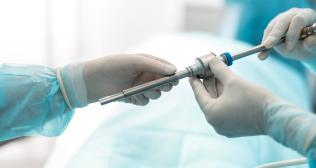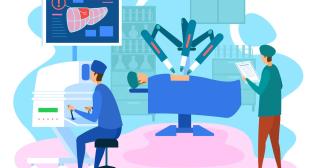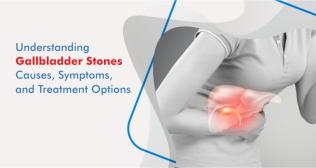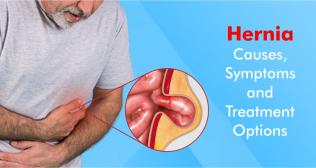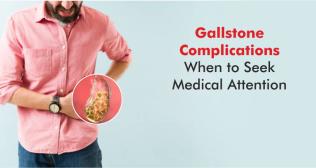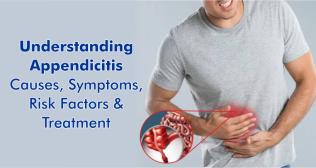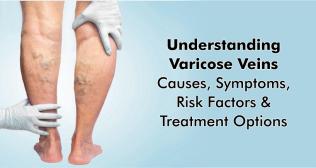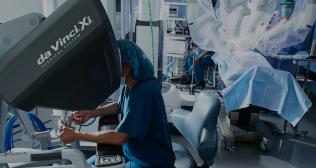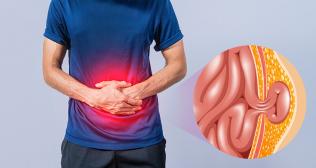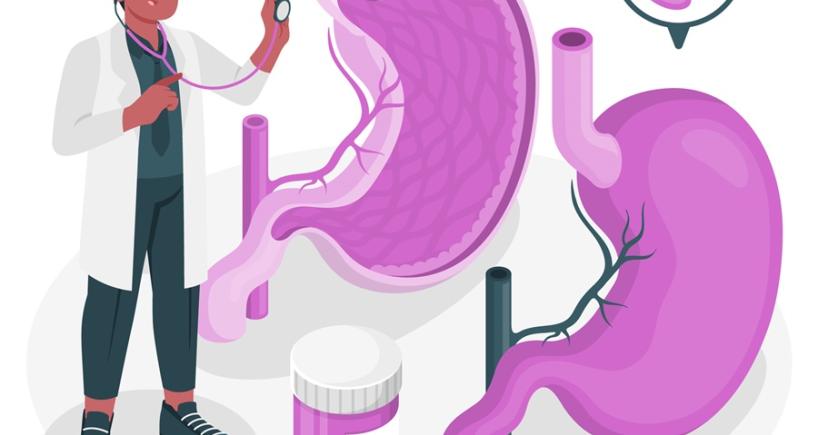
Gallbladder Cancer Surgery: Post-Operative Care Tips
Surgery is often utilized to treat gallbladder cancer. One standard procedure is a cholecystectomy, in which the entire gallbladder is removed. What happens after surgery depends on the type of operation patient have had. Patient usually stays in the hospital for at least a week.
After the operation, the patient might wake up in the recovery room. The patient will have one-to-one nursing care. The nurse looks after patients until they are awake and well enough to return to the ward.
Everybody is different when they wake up after an operation. Some people take longer than others to wake up, and some remain sleepy afterward. Patients may be in the recovery room for hours before they are ready to go back to the ward.
Back in the ward, the doctor visits the patient regularly, and specialist nurses may also visit. They look after people who have had significant surgery but do not need to be in the intensive care or high-dependency unit.
Here are essential tips to support patients in their journey towards recovery:
Eating and drinking
The bowel generally stops working post-surgery on any part of the digestive system. Until it starts again, the patient cannot consume food or drink anything. The time it takes for them to be able to eat as well as drink again depends on how much surgery they have had.
If patient have only had their gallbladder removed, they will probably be able to eat and drink within 24 hours. But if their surgery involves their liver, pancreas, stomach, or bowel, then the person will not be able to eat or drink for at least a few days.
If patients were ill for some time before their surgery, they may be very run down and malnourished. They may need extra nutrition aid, so their nurse might give them a white liquid called TPN (total parenteral nutrition) through drip. It comprises all the body's protein, fat, and carbohydrates.
Once the patient's bowels start working again, they can try sips of fluids. Gradually, the amount the patient is allowed to drink will increase. Soon, the person will be able to try other fluids as well as water. Once they can drink without being sick, their drip and nasogastric tube can come out. They will then be able to start eating a light diet.
Their diet might change permanently, and they may no longer be able to cope with large amounts of food and drink. The hospital dietitian can advise them about this.
Patient's wound
When the patient wakes up, their wound will have a dressing on it. The patient's nurse will leave this on for a couple of days, then change the dressings and clean the wound.
The wound drains will remain in place until they stop draining fluid. The patient's nurse will change the bottles attached to them every day. The drains can come out about 3 to 7 days after the operation.
Most surgeons now use stitches that dissolve away once the wound has healed. But if a person has stitches or clips that need to be removed, they will be left in for at least ten days and taken out before they go home.
Sometimes, the patient can go home with the clips or stitches if the wound is not entirely healed. Otherwise, the patient will need to go back to the hospital to have them removed.
Getting up
This might seem difficult at first. Moving about helps the patient get better, but the patient must start very gradually. The patient's physiotherapist will visit them every day post-op to help them with breathing and leg exercises.
The patient's nurses will encourage them to get out of bed and sit in a chair one or two days after their surgery. They will also help patients with all the drips and drains.
Patient tubes, bottles, and bags will be ready to emerge over the next few days. Then, it will be much easier to move around.
Self-compassion as well as Patience
It is natural to feel tearful as well as very sad sometimes after this type of surgery. At its worst, this is about 4 or 5 days of operation for most people. Recovery is a gradual process; each person heals at their own pace. Patients must practice Patience as well as self-compassion as they navigate the physical as well as emotional aspects of post-gallbladder cancer surgery recovery.
In a nutshell, recovering from gallbladder cancer surgery is a significant achievement that requires keeping watch on a diet, taking care of the wounds, moving around, and progress can be observed.
Popular Searches :
Hospitals: Cancer Hospital in Delhi | Best Heart Hospital in Delhi | Hospital in Amritsar | Hospital in Ludhiana | Hospitals in Mohali | Hospital in Faridabad | Hospitals in Gurgaon | Best Hospital in Jaipur | Hospitals in Greater Noida | Hospitals in Noida | Best Kidney Hospital in Kolkata | Best Hospital in Kolkata | Hospitals in Rajajinagar Bangalore | Hospitals in Richmond Road Bangalore | Hospitals in Nagarbhavi Bangalore | Hospital in Kalyan West | Hospitals in Mulund | Best Hospital in India | | Cardiology Hospital in India | Best Cancer Hospital in India | Best Cardiology Hospital in India | Best Oncology Hospital In India | Best Cancer Hospital in Delhi | Best Liver Transplant Hospital in India
Doctors: Dr. Rana Patir | Dr. Rajesh Benny | Dr. Rahul Bhargava | Dr. Jayant Arora | Dr. Anoop Misra | Dr. Manu Tiwari | Dr. Praveer Agarwal | Dr. Arup Ratan Dutta | Dr. Meenakshi Ahuja | Dr. Anoop Jhurani | Dr. Shivaji Basu | Dr. Subhash Jangid | Dr. Atul Mathur | Dr. Gurinder Bedi | Dr. Monika Wadhawan | Dr. Debasis Datta | Dr. Shrinivas Narayan | Dr. Praveen Gupta | Dr. Nitin Jha | Dr. Raghu Nagaraj | Dr. Ashok Seth | Dr. Sandeep Vaishya | Dr. Atul Mishra | Dr. Z S Meharwal | Dr. Ajay Bhalla | Dr. Atul Kumar Mittal | Dr. Arvind Kumar Khurana | Dr. Narayan Hulse | Dr. Samir Parikh | Dr. Amit Javed | Dr. Narayan Banerjee | Dr. Bimlesh Dhar Pandey | Dr. Arghya Chattopadhyay | Dr. G.R. Vijay Kumar | Dr Ashok Gupta | Dr. Gourdas Choudhuri | Dr. Sushrut Singh | Dr. N.C. Krishnamani | Dr. Atampreet Singh | Dr. Vivek Jawali | Dr. Sanjeev Gulati | Dr. Amite Pankaj Aggarwal | Dr. Ajay Kaul | Dr. Sunita Varma | Dr. Manoj Kumar Goel | Dr. R Muralidharan | Dr. Sushmita Roychowdhury | Dr. T.S. MAHANT | Dr. UDIPTA RAY | Dr. Aparna Jaswal | Dr. Ravul Jindal | Dr. Savyasachi Saxena | Dr. Ajay Kumar Kriplani | Dr. Nitesh Rohatgi | Dr. Anupam Jindal |
Specialties: Heart Lung Transplant | Orthopedic | Cardiology Interventional | Obstetrics & Gynaecology | Onco Radiation | Neurosurgery | Interventional Cardiology | Gastroenterologist in Jaipur | Neuro Physician | Gynecologist in Kolkata | Best Neurologist in India | Liver Transfer |







